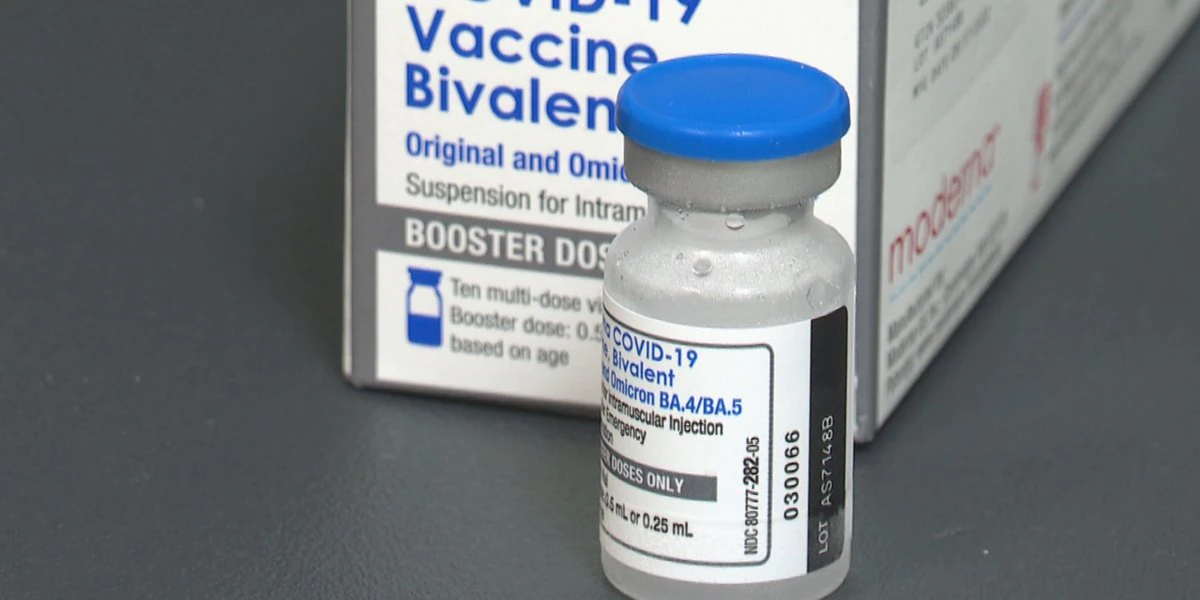[ad_1]
HUNTSVILLE, Ala. (WAFF) – As the summer unofficially kicks off, pools and beaches across the country are facing staffing issues.
There aren’t enough lifeguards, and the shortage is causing some communities to make tough decisions.
The Director of Parks and Recreation for Huntsville and a spokesperson with Red Cross of Alabama both agree that it’s a problem, and it’s not something that’s unique to this pool season. They both say it’s been going on for quite some time.
“So it’s kind of been a two year trend for us, and it’s no secret, it’s a national phenomenon,” Huntsville Director of Parks and Recreation James Gossett said. “We would hire any qualified lifeguard we could get right now.”
He says the gap started around the time when everything else seemed to be on pause.
“When we went through COVID, it really shut down a lot of the trainings that were able to take place,” Gossett said. “So, we lost about two years of training. It’s really just been hard to fill that gap.”
As for the number of pools that are impacted, The American Lifeguard Association said close to half of the country’s public pools are feeling the pinch.
The Centers for Disease Control estimates about 4,000 people in the U.S. die from drowning each year. That’s why lifeguard training with the Red Cross focuses on first aid.
Annette Rowland with the Red Cross of Alabama, and a former lifeguard herself, broke down how this might affect you.
“A lot of public pools require a lifeguard to be on duty for you to be able to swim,” Rowland said. “So, as you can imagine, that would significantly affect a lot of children summer, a lot of adult summer and just really make it hard to find a nice place to cool off.”
Rowland said the program can be difficult, but it’s important to learn what it takes to be a lifeguard.
“It is intense, but it’s doable. That comes with first aid training, CPR training and AED training,” Rowland said. “We want to make sure that you understand that, and also understand the gravity of saving lives and being there.”
She says training takes about 30 hours and costs around $350. Gossett said paying more could widen the applicant pool. According to Gossett, wages for lifeguards start at $12.70 an hour.
“I think obviously wages are going to have to increase to the point they’re going to have to be attractive to individuals that maybe could go somewhere else and make a higher starting wage,” Gossett said.
Click Here to Subscribe on YouTube: Watch the latest WAFF 48 news, sports & weather videos on our YouTube channel!
Copyright 2023 WAFF. All rights reserved.
[ad_2]
Source link

